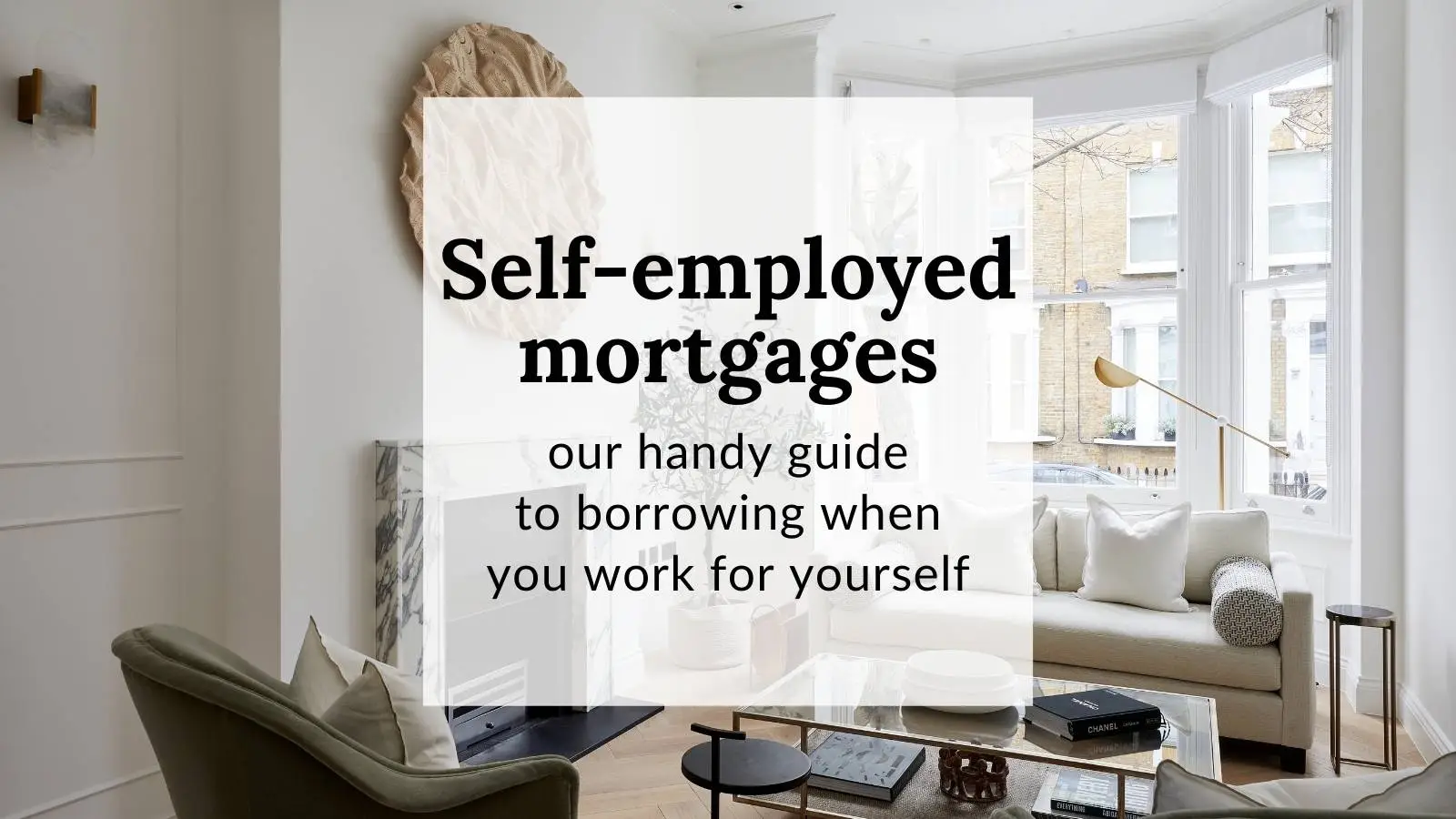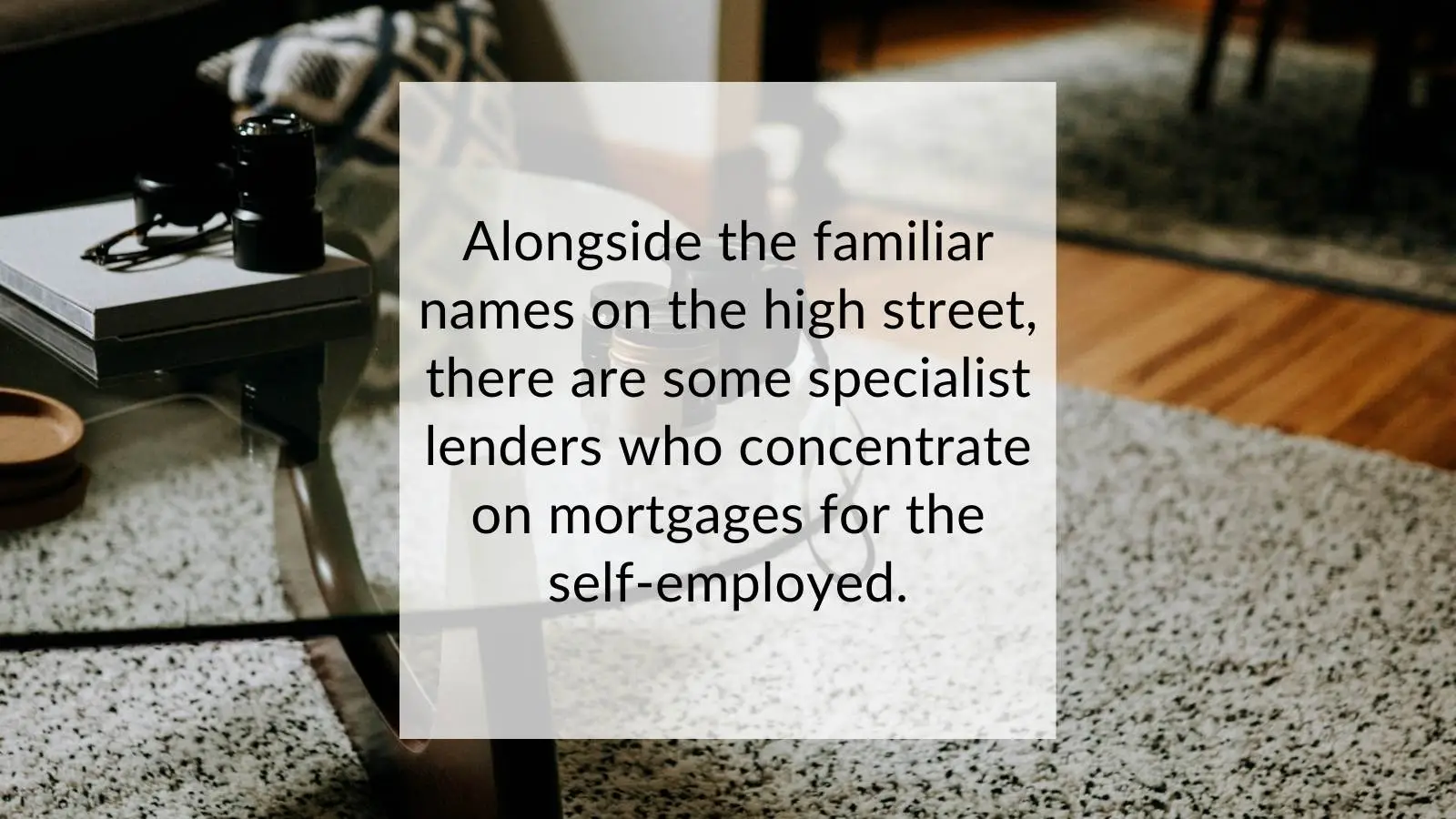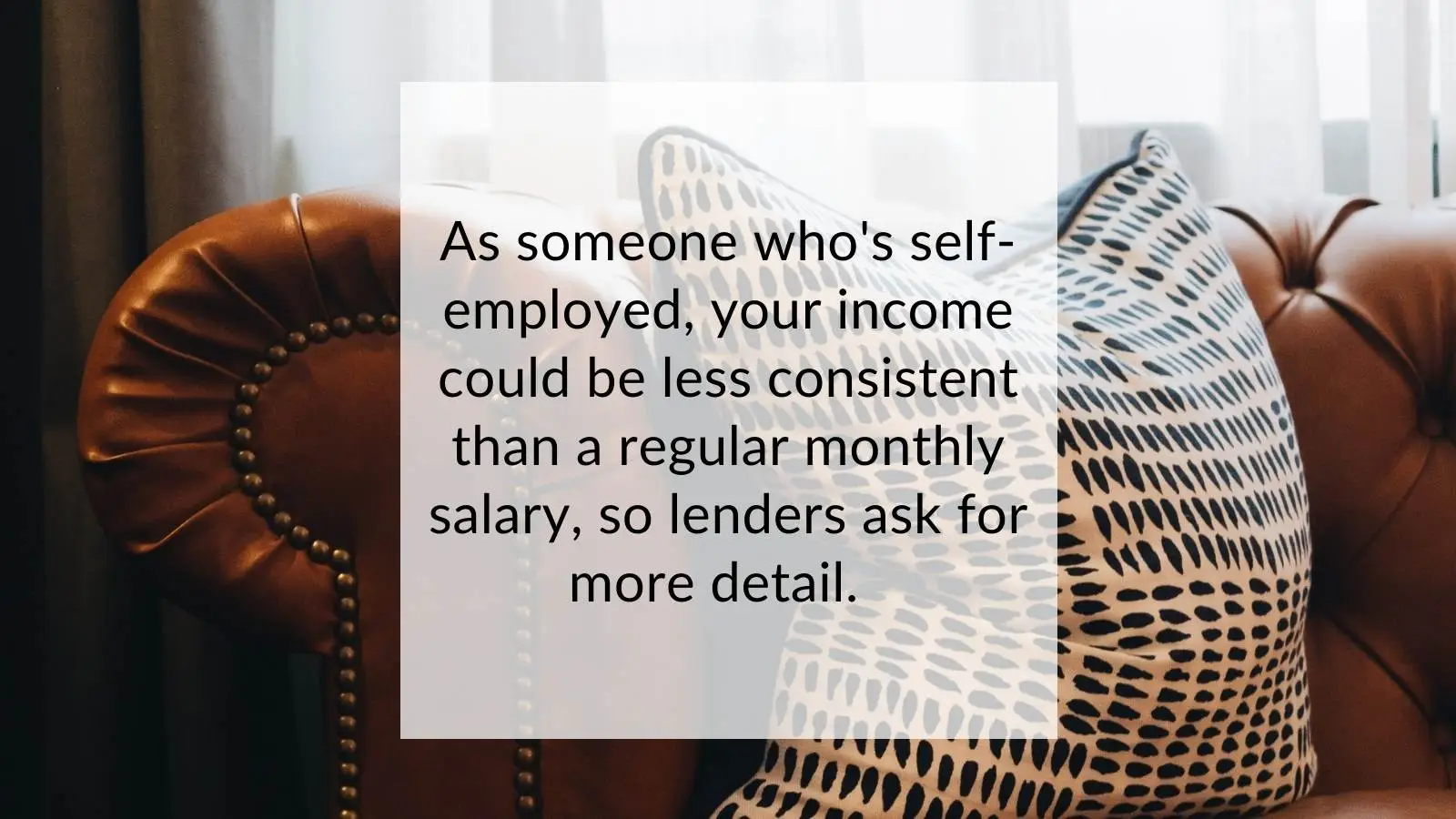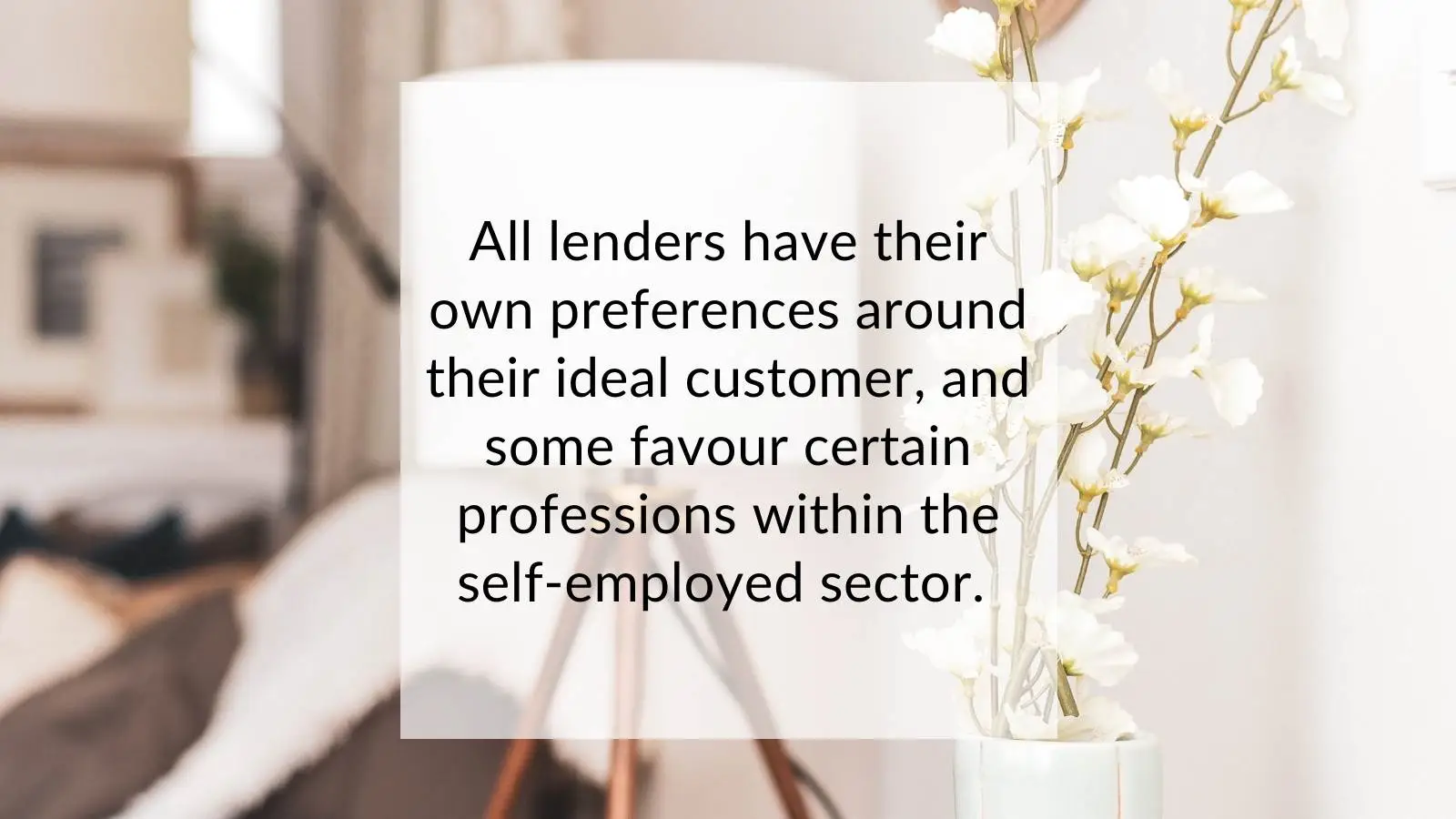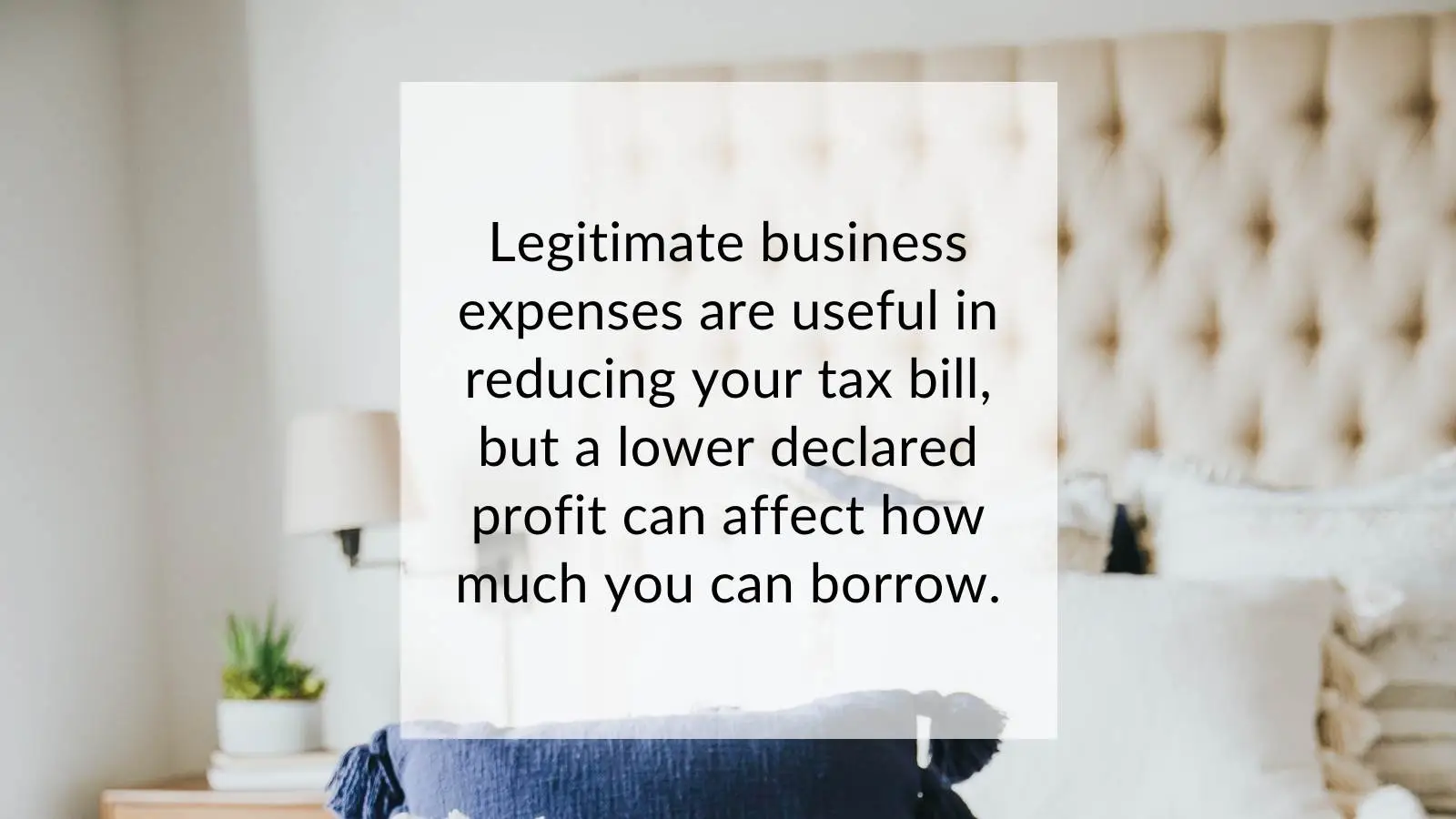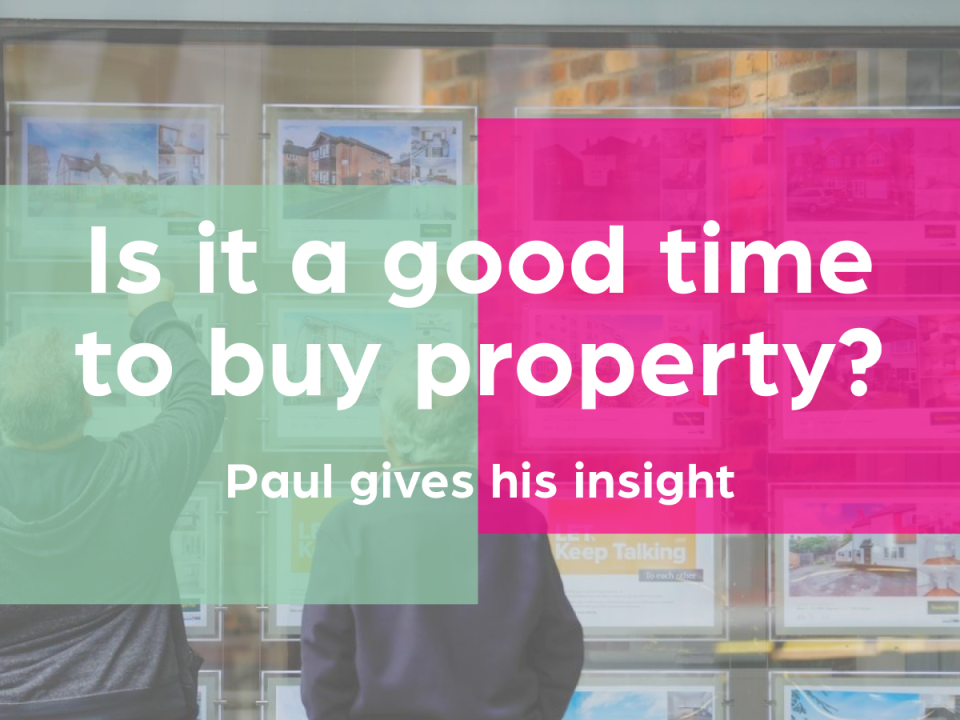As of November 2021, there were 4.2 million self-employed people in the UK, and many of them will think about owning their own homes at some point.
Mortgage lenders will consider you self-employed if you own at least 20-25% of a business, and when that business provides your primary source of income. Among the many different categories of self-employment, some of the most common include:
- freelancers
- sub-contractors
- sole traders
- directors of a limited company
- partners in a business
- agency workers
However, just because you have your own business doesn’t necessarily mean that lenders will consider you self-employed. If you’re in full or part-time employment and you also have an additional source of income from working for yourself, you’ll still be classed as employed if your regular job makes up your main income source.
Applying for self-employed mortgages does mean jumping through a few more hoops than other borrowers, and lenders will ask for detailed information about your finances and business. But fear not, because our handy guide is here to explain the process and light the way.
How do self-employed mortgages work?
Although we’re using the term here for simplicity, there’s actually no such thing as a “self-employed mortgage”.. However, alongside the familiar names on the high street, there are some specialist lenders who concentrate on mortgages for the self-employed.

